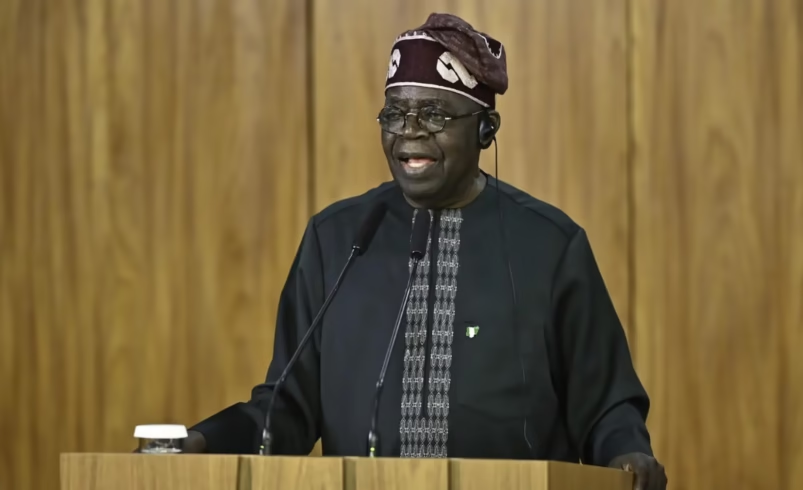Nigeria charges Sowore over alleged false posts targeting Tinubu
- September 16, 2025
- 0

Nigerian authorities have filed charges against Omoyele Sowore, a former presidential candidate, accusing him of spreading false information online about President Bola Tinubu. The case centers on allegations that Sowore knowingly published misleading claims intended to provoke unrest and division within the country. The charges were formally presented in court documents on Tuesday, outlining the government’s position that the posts were not only untrue but also deliberately crafted to destabilize public order.
According to the charging documents, officials claim that Sowore disseminated online messages accusing President Bola Tinubu of corruption. The government maintains that these statements were fabricated and circulated with the intent of stirring conflict among citizens, particularly those who already hold differing opinions about the president. Authorities argue that such actions could contribute to heightened political tensions and undermine national stability. The documents specifically state that Sowore knew the information was false before sharing it publicly.
The case highlights the government’s stance on maintaining law and order in the digital space. Officials contend that spreading misinformation about national leaders poses a serious risk to peace and security, especially in an environment where political debates are often intense and polarized. By framing the charges around potential disruption, prosecutors emphasize their concern that unchecked falsehoods could incite conflict or erode trust in democratic institutions.
Omoyele Sowore is widely recognized for his political activism and previous run for Nigeria’s presidency. His outspoken criticism of government policies has made him a prominent figure in national discourse, particularly on social media platforms where he commands a significant following. His history of challenging authority has often placed him at odds with officials, making this latest development part of a broader pattern of confrontations between him and state institutions.
This case also underscores the growing influence of social media in shaping political narratives across Nigeria. Platforms such as Twitter and Facebook have become central arenas for debate, mobilization, and criticism of public figures. However, they also present challenges when it comes to regulating misinformation and balancing freedom of expression with national security concerns. The government’s decision to pursue legal action against Sowore reflects ongoing tensions between digital activism and official efforts to control potentially destabilizing content online.
The outcome of this case could have far-reaching implications for both political speech and internet regulation in Nigeria. If upheld by the courts, it may set a precedent for how authorities address future instances of alleged misinformation involving high-profile leaders. Conversely, critics may view it as an attempt to suppress dissenting voices under the guise of maintaining order.
In summary, Nigerian authorities have charged Omoyele Sowore with deliberately posting false accusations against President Bola Tinubu with the alleged aim of inciting disorder. The case brings into focus broader debates about freedom of expression, accountability in digital spaces, and the balance between open political discourse and safeguarding public stability in Nigeria’s evolving democracy.